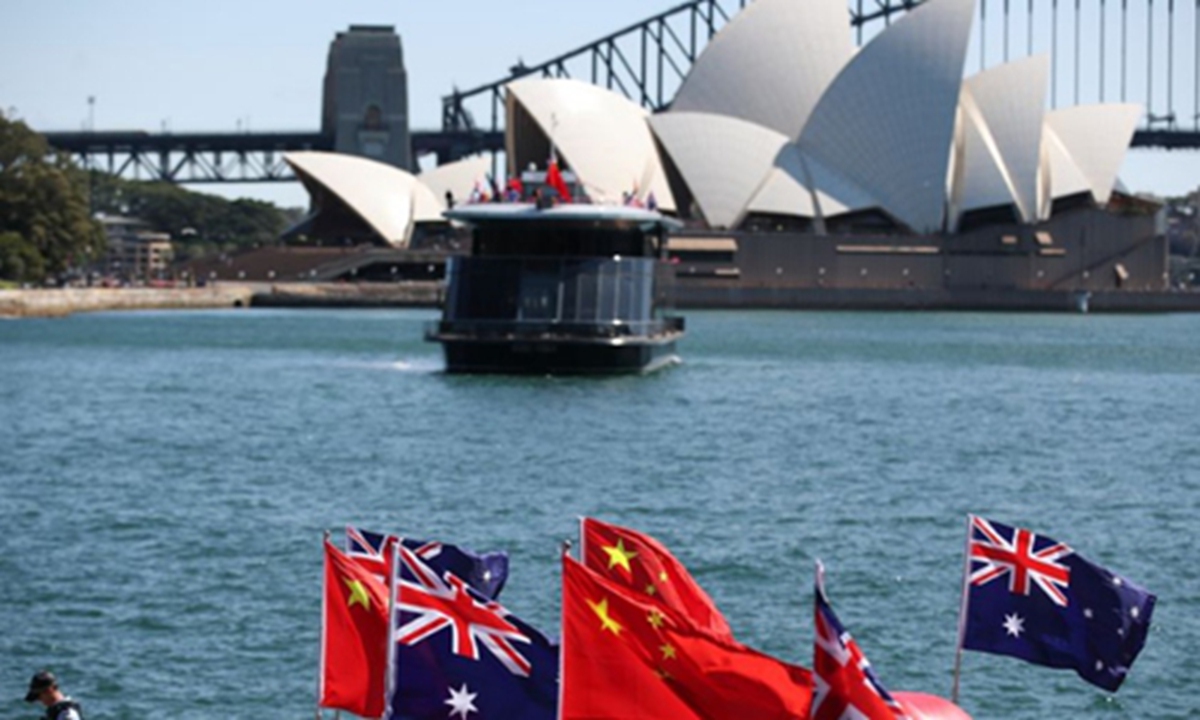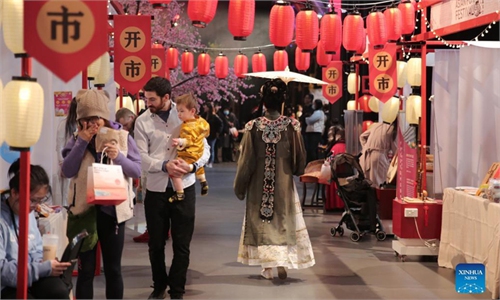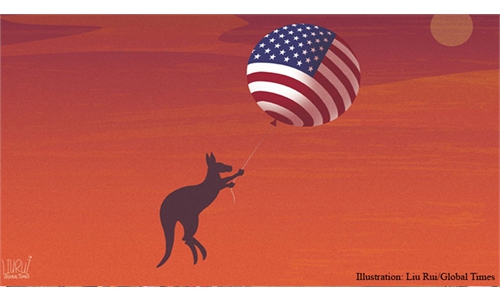
Photo: Xinhua
US nongovernmental organization Human Rights Watch (HRW) on Tuesday called on the Australian government to impose targeted sanctions against China over the so-called human rights violations by banning imports of products made using "forced labor," said a report from the Chinese version of VOA.The push came just a few days after Western media reports said the EU is set to ban products made using "forced labor," joining the US-led sanctions on imports from Northwest China's Xinjiang Uygur Autonomous Region.
It is not a secret that Australia-based anti-China think tanks such as the Australian Strategic Policy Institute (ASPI) have followed some US anti-China forces in concocting a large number of rumors and disinformation concerning Xinjiang-related issues. This was believed to suggest that Australia, siding with the US, has tried to use the human rights issues in Xinjiang to politicize trade with China.
Now given the current global economic turmoil and the great inflationary pressure, it is time for the Australian government to ponder the serious political and economic consequences of continuing down this wrong path.
After the Albanese administration took office, voices from both China and Australia called for a reset in China-Australia relations to ease their tensions. If Albanese has the willingness to change his predecessor's hostility toward China and to handle China-Australia relations more rationally as market has long expected, then Canberra at least needs to show the political sincerity to repair bilateral ties based on the true understanding of China's economic importance which is not just limited to being a large export market.
The "human rights violations" in Xinjiang are provable lies made up by politicians, media outlets and other anti-China forces in the US and its allies. It is by politicizing and weaponizing human rights issues that US anti-China forces have come up with sanctions aimed at cracking down on Xinjiang products and industries. Their real aim is to use the Xinjiang-related issues to undermine the position of the Chinese manufacturing in the global supply chains and industrial chains.
But such an ill-intentioned attempt to force businesses to shun China's products and raw materials is doomed to fail, as it will only result in further disruption to the already fragile global supply chains by bringing great cost pressure and uncertainties to importers. Anyone with basic knowledge about the current status quo of Western economies knows that Chinese manufacturing is indispensable to their economies, and it would be nothing but economic suicide for the West to really cut ties off with China.
Take Germany. Germany's economy ministry is considering a raft of measures to reduce the country's dependency on China, Reuters reported on Thursday. But the irony is that German imports from China have soared this year. German imports of Chinese goods surged in value terms by 45.7 percent year-on-year in the first half of 2022, according to Reuters. China's supply chain has become the lifeline for Germany's manufacturing development. A "decoupling" from China is bound to deal a fatal blow to German businesses.
Likewise, Australia now needs not only the Chinese market, but also imports from China. In Australia, the consumer price index already ran at a 21-year peak of 6.1 percent and likely to top 7 percent by Christmas, according to media reports. If Australia imposes curbs on imports from China at this juncture, a possible consequence would be an exacerbated inflation problem.
In this sense, Australia is advised to value the thawing signs in bilateral relations and shun any risk of plunging its economy into further supply chain chaos and an ongoing inflation nightmare.



